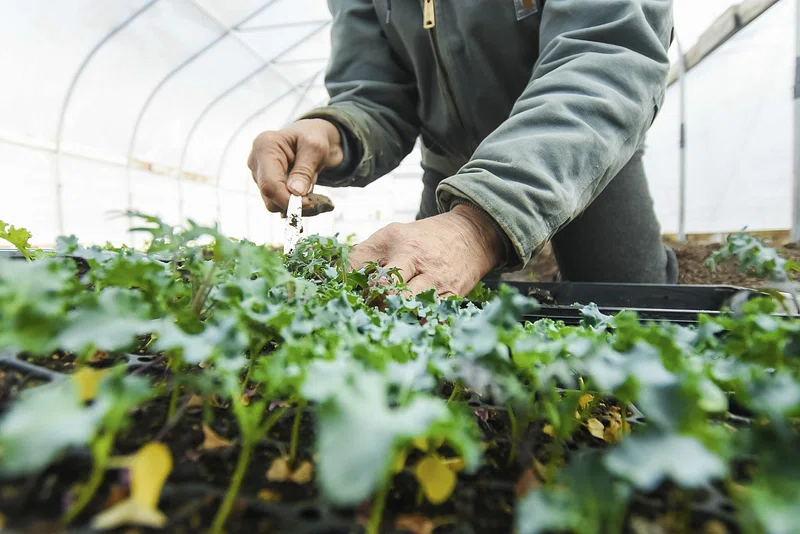India, with its vast and varied geographical features, supports a rich tapestry of farming practices that have evolved over centuries. From the fertile plains of Punjab to the terraced fields of Uttarakhand, each region has its unique agricultural methods suited to its environment and crops. Let's delve into some of the prominent types of farming practices found across India.
1. Traditional Farming:
Traditional farming methods have been the backbone of Indian agriculture for centuries. This type of farming often involves manual labor, basic tools like plows and sickles, and traditional irrigation systems like wells and canals. Farmers cultivate a variety of crops such as rice, wheat, pulses, and vegetables using age-old techniques passed down through generations.
2. Modern Farming:
With advancements in technology and machinery, modern farming practices have gained prominence in India. This type of farming incorporates mechanized equipment like tractors, harvesters, and irrigation systems to increase efficiency and yield. Modern farmers also utilize scientific methods for soil testing, crop selection, and pest management, leading to higher productivity.
3. Organic Farming:
In recent years, organic farming has seen a surge in popularity due to increasing health and environmental awareness. This type of farming focuses on sustainable practices, avoiding synthetic fertilizers, pesticides, and genetically modified organisms (GMOs). Instead, organic farmers rely on natural fertilizers, crop rotation, and biological pest control methods to maintain soil health and produce chemical-free crops.
4. Horticulture:
Horticulture encompasses the cultivation of fruits, vegetables, flowers, and ornamental plants. This type of farming requires specialized knowledge and techniques to grow high-value crops efficiently. Horticulturists often use advanced irrigation systems, greenhouse technology, and precision farming methods to optimize crop growth and quality.
5. Sericulture:
Sericulture, or silk farming, is a specialized type of farming practiced in states like Karnataka, West Bengal, and Jammu and Kashmir. Farmers rear silkworms on mulberry leaves to produce silk, a valuable commodity in textile industries. Sericulture involves precise temperature and humidity control, along with careful management of silkworms at various stages of their life cycle.
6. Aquaculture:
With India's extensive coastline and numerous rivers, aquaculture has become a significant agricultural activity. Fish farming, shrimp cultivation, and freshwater aquaculture are common practices in states like Andhra Pradesh, Kerala, and West Bengal. Aquaculturists use modern pond management techniques, water quality monitoring, and specialized feeds to ensure healthy fish growth and sustainable production.
7. Agroforestry:
Agroforestry integrates trees and shrubs with crops or livestock, providing multiple benefits such as soil conservation, biodiversity enhancement, and additional income sources. This type of farming is prevalent in regions with arid or semi-arid climates, where tree planting helps in moisture retention and soil fertility improvement.
Role of Implements, Tractors, and Power Tillers:
In all these farming practices, the role of implements, tractors, and power tillers is indispensable. Implements like seed drills, plows, cultivators, and harvesters aid in soil preparation, planting, and harvesting operations, reducing manual labor and improving efficiency. Tractors serve as versatile workhorses, powering various agricultural tasks from plowing and tilling to hauling and spraying. Power tillers, with their compact size and maneuverability, are ideal for small farms and hilly terrains, enabling efficient land preparation and cultivation.
In conclusion, India's agriculture sector thrives on a diverse range of farming practices, each contributing to the nation's food security and economic growth. Whether it's traditional methods rooted in heritage or modern techniques driven by technology, the synergy of farming practices, implements, tractors and power tillers plays a vital role in sustaining this vital sector.

